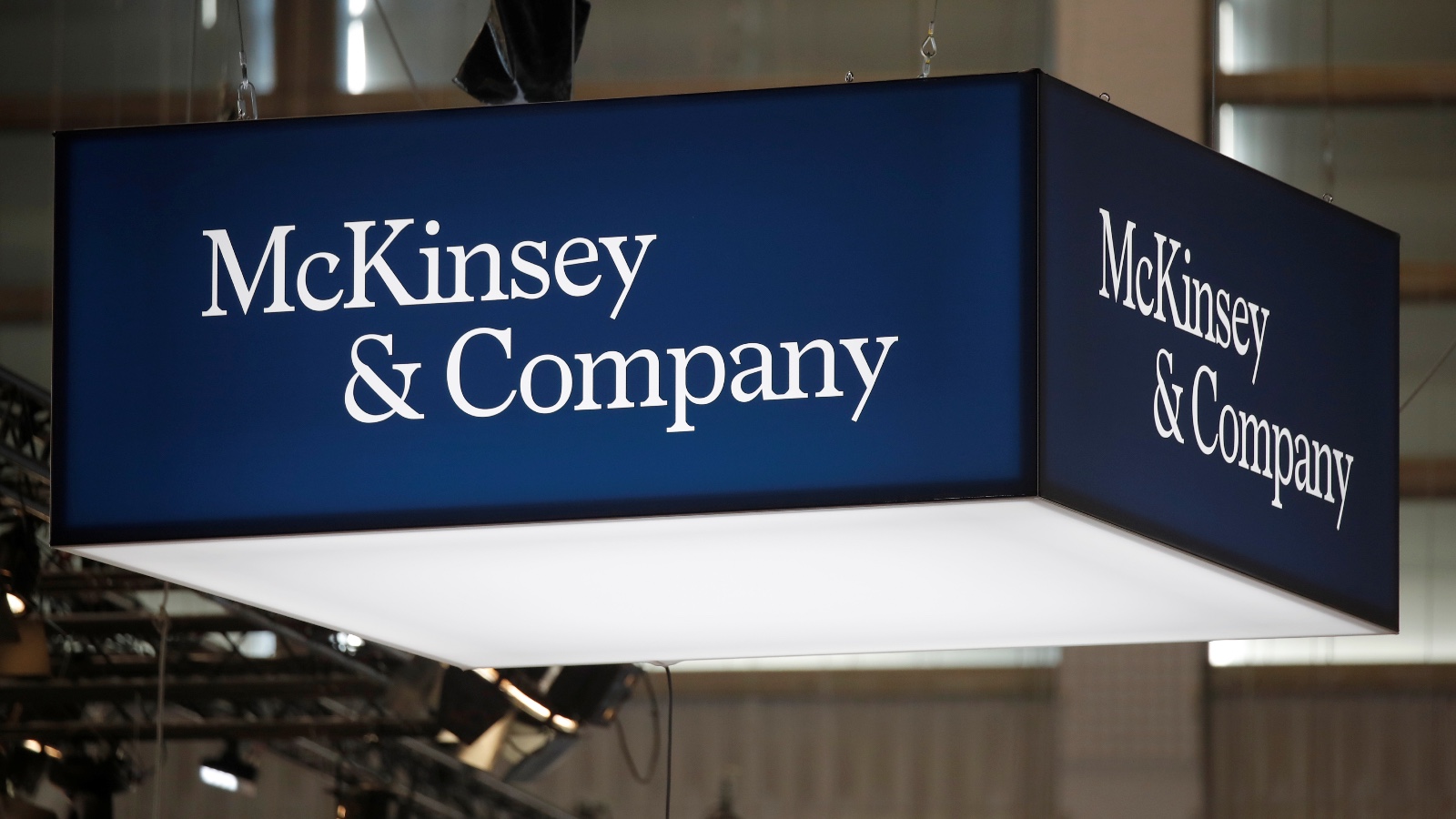Why Merchants Embrace A2A Payments
Account-to-account* (A2A) payments are increasingly welcomed by merchants due to their efficiency and cost-effectiveness.
- Account-to-account is also called Pay-by-Bank
Key Merchant Benefits
- Low transaction costs
- Irrevocable payments (no chargebacks)
- No interchange fees
- Real-time settlement
- Bank-level security and authentication
Merchants can either pass on the savings to customers or retain the margin gains, enhancing business performance.
A2A’s Potential in US Consumer-to-Business Payments
Consumer-to-business (C2B) transactions represent one of the largest opportunities for A2A adoption in the US.
Market Forecast for A2A Payments
- Projected to surpass $200 billion in volume by 2027
- 19% compound annual growth rate (CAGR)
- Estimated to reach 5% of total US digital commerce spend
Automated Clearing House (ACH)-based A2A has already gained traction in sectors like utilities and government payments, especially where cards are surcharged or not accepted.

Challenges Slowing A2A Adoption in the US
Despite its benefits, A2A payment adoption has lagged in the US for several key reasons.
Regulatory and Behavioral Barriers
- Lack of a regulatory framework puts US banks at a disadvantage.
- Strong consumer attachment to credit cards and reward programs makes behavioral change difficult.
How A2A Could Disrupt Card Dominance
While card networks currently dominate the US payments space, A2A could present a strong alternative—if adoption accelerates.
Strategic Opportunities for Banks and Fintechs
- Offer standardized payment infrastructure
- Unlock new revenue streams through data and insights
- Improve customer journeys with seamless checkout flows
A2A is especially promising for high-value or recurring payments such as insurance premiums, utility bills, and subscriptions—where cost savings and security are paramount.




